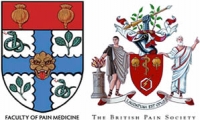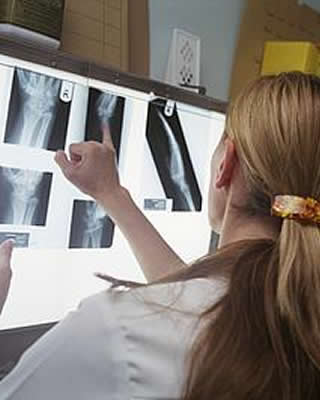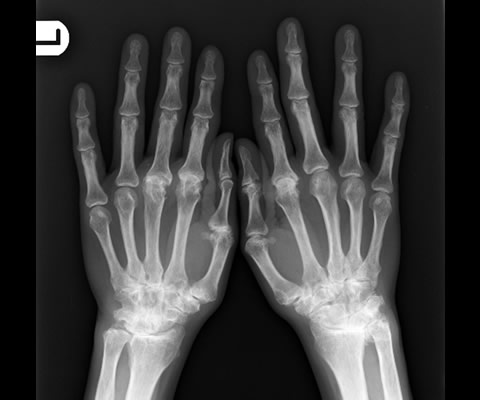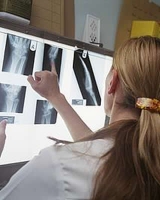Imaging and Pain course



This session describes the use of various imaging techniques in the diagnosis and management of long-term pain conditions.
Learning Objectives
By the end of this session you will be able to:
- List the indications and limitations of different imaging techniques used in pain medicine
- Request appropriate investigations to help identify common painful conditions
- Identify anatomical structures on x-ray views of the spine for intervention techniques
- Explain the purpose of functional MRI (fMRI) in pain medicine
Imaging techniques are used in diagnosis, therapy and intervention management of various chronic pain conditions.
Rahul obtained his MBBS and MD in Anaesthesiology in India, followed by training at The Guys’ & St Thomas’ Hospital and the North Central Thames London rotation. His advanced pain training was completed at The National Hospital for Neurology & Neurosurgery and the Royal National Orthopaedic Hospital.
His interests are spinal pain, musculoskeletal pain and neuropathic pain, including neuromodulation.
He is a content author on the e-PAIN project.


Gajan completed his undergraduate medical training at Imperial College London in 2001 and his radiology training at Chelsea & Westminster Hospital in 2009.
He has completed two post-CCT fellowships in Musculoskeletal Imaging at Chelsea & Westminster Hospital and the Royal National Orthopaedic Hospital, Stanmore and worked as a Locum Consultant at Imperial College Healthcare NHS Trust and North West London Hospitals NHS Trust.
He has several peer reviewed radiological publications and has authored a chapter in a textbook. He is actively involved in medical education and has completed a Postgraduate Certificate in Medical Education and has organised and taught on several radiological courses.
In addition to the Image Interpretation project, Gajan is also a contributor to the e-PAIN project.

- Radiology – Integrated Training Initiative (R-IT...
- Posted By eIntegrity Healthcare e-Learning
- Posted Date: 2025-01-10
- Location:Online
- This session reviews which chambers contribute to the ‘normal cardiac outline’ and examines how specific chamber enlargement or absence alters the normal cardiac shape. It will describe the different diagnoses, which result in characteristic
- Radiology – Integrated Training Initiative (R-IT...
- Posted By eIntegrity Healthcare e-Learning
- Posted Date: 2025-01-10
- Location:Online
- This session provides an overview of the clinical manifestations of haemangiomas, lymphatic and vascular malformations, their radiological work-up plus typical imaging findings.
- Radiology – Integrated Training Initiative (R-IT...
- Posted By eIntegrity Healthcare e-Learning
- Posted Date: 2025-01-10
- Location:Online
- This session covers imaging and diagnosis of paediatric mediastinal masses, and is organised based on their location in the mediastinum.
- Radiology – Integrated Training Initiative (R-IT...
- Posted By eIntegrity Healthcare e-Learning
- Posted Date: 2025-01-10
- Location:Online
- This session discusses radiographic anatomy of the normal mediastinum and its compartments containing different structures and why this is useful when interpreting an abnormal image. The silhouette sign and how it is used to localise a mass on chest radio
- Radiology – Integrated Training Initiative (R-IT...
- Posted By eIntegrity Healthcare e-Learning
- Posted Date: 2025-01-10
- Location:Online
- The session looks at pneumothorax, pneumomediastinum, air leaks in neonates, air leaks in older children and post-traumatic air leaks.







